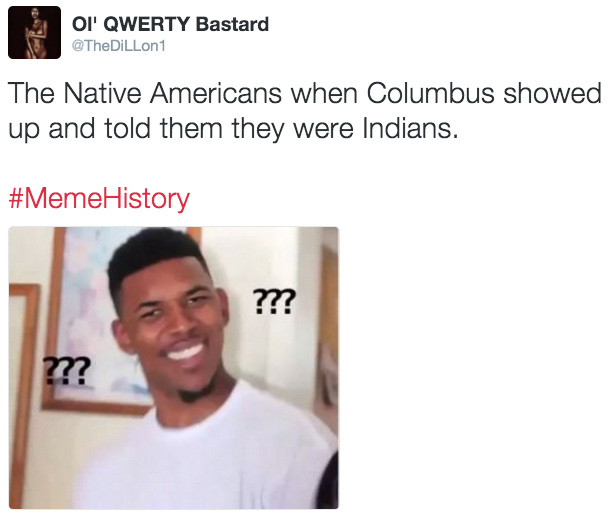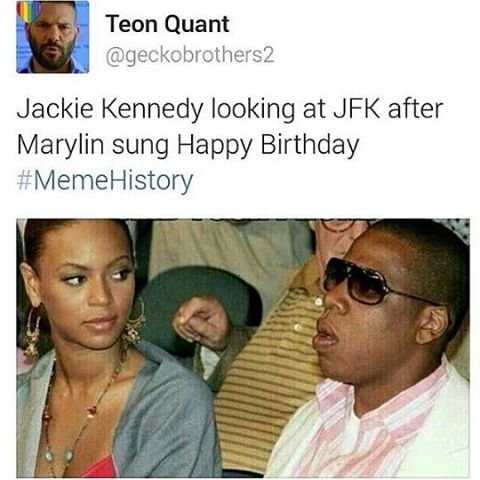What happens when you search "1918" on GIPHY? You get a scattered mess of ambiguous clips – a jumble of seemingly anonymous moments from one hundred years ago.




Without taking the time to scour the web for more context and background information, we can soak in the quotidian details of human life, behavior and mannerisms that defined history – the photographic and documentary evidence that captured them and can be preserved for posterity. It doesn't take an expert to simply enjoy the pathos of these historical GIFs.
Check out some of the archives, museums, libraries and production companies that have taken to using GIFs as a medium to explore the past.
• The Smithsonian National Museum of African American History & Culture
• The US National Archives
• The Brooklyn Museum
• The Warner Archive
• The Archives of Ontario
• The History Channel
It's not just institutions. Consider the new Black History Month and AAPI Heritage Month channels on GIPHY. Even tags like #museum or #themet or #degas can help us locate these artifacts historically and historiographically.
How else can we use the "interwebs" to make history more fun and accessible?
Let's consider the popular #memehistory hashtag, most often used to satirize events from the Bible, though not exclusively. Check out some of these examples, used to relate past events in modern terms:



Are we engaging anachronism by telling history in modern terms, especially for the sake of humor? Is it irreverent or misleading? Does it do more harm than good? Or does it get people excited about a topic they would otherwise find dry and unappealing?
I'll leave you with this clip from the popular Drunk History series on Comedy Central, which engages all of these issues and more. (Be sure to check out their original and UK GIPHY channels!)
http://www.cc.com/video-clips/98p5r3/drunk-history-marsha-p--johnson-sparks-the-stonewall-riots
100% of the SBD rewards from this #explore1918 post will support the Philadelphia History Initiative @phillyhistory. This crypto-experiment conducted by graduate courses at Temple University's Center for Public History and MLA Program, is exploring history and empowering education. Click here to learn more.
Fun! And a great way to get the public, and especially youth, more involved in exploring the past. I wonder what you think about the historical accuracy of these methods — like with your search on GIPHY, is there a way to validate whether those images are actually from 1918? Or, considering that we are only getting a vague image of the past, is the exact date not as important?
Downvoting a post can decrease pending rewards and make it less visible. Common reasons:
Submit
I was planning on following up with a Google Image search to see what happened and then decide where to go from there!
Downvoting a post can decrease pending rewards and make it less visible. Common reasons:
Submit